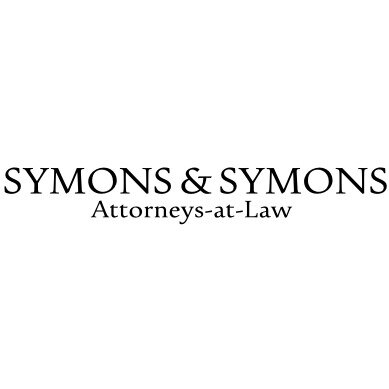Best Environmental Law & Compliance Lawyers in West Bay
Share your needs with us, get contacted by law firms.
Free. Takes 2 min.
List of the best lawyers in West Bay, Cayman Islands
About Environment Law in West Bay, Cayman Islands
Environment law in West Bay, Cayman Islands, focuses on protecting and preserving the natural resources, wildlife, and habitats of the region. These laws aim to ensure sustainable development while maintaining the delicate balance of the ecosystem.
Why You May Need a Lawyer
You may need a lawyer for situations such as land development disputes, environmental impact assessments, pollution cases, biodiversity conservation, and compliance with environmental regulations.
Local Laws Overview
The Cayman Islands have various laws and regulations related to the environment, including the National Conservation Law, Marine Conservation Law, and Environmental Protection Law. These laws govern activities such as development, fishing, waste disposal, and wildlife protection.
Frequently Asked Questions
1. Is it legal to build on wetlands in West Bay?
Building on wetlands is generally prohibited in West Bay, as wetlands are protected under conservation laws.
2. How can I report environmental violations in my area?
You can report environmental violations to the Department of Environment or the Cayman Islands Government's Environmental Health Department.
3. Are there any restrictions on fishing in West Bay?
Yes, fishing regulations apply in West Bay to ensure the sustainable management of fish stocks and the protection of marine life.
4. Can I cut down trees on my property without permission?
No, cutting down trees on your property may require permission from the Department of Environment, especially if they are protected species.
5. What should I do if I suspect water pollution in my area?
You should report suspected water pollution to the Cayman Islands Environmental Health Department for investigation.
6. Are there any regulations on waste disposal in West Bay?
Yes, there are regulations on waste disposal to mitigate the environmental impact of improper waste management.
7. How are protected areas designated in West Bay?
Protected areas are designated based on their ecological significance and the need for conservation measures to preserve their unique habitats.
8. Can I plant non-native species in my garden?
It is recommended to plant native species in your garden to support the local ecosystem and prevent the spread of invasive species.
9. What are the penalties for violating environmental laws in West Bay?
Penalties for violating environmental laws can vary but may include fines, imprisonment, or remediation of the environmental damage caused.
10. How can I get involved in environmental conservation efforts in West Bay?
You can participate in local conservation initiatives, beach clean-ups, and educational programs to contribute to environmental preservation in West Bay.
Additional Resources
For further information on environmental laws and regulations in West Bay, you can contact the Department of Environment or visit the Cayman Islands Government website for relevant resources.
Next Steps
If you require legal assistance in environmental matters in West Bay, Cayman Islands, it is advisable to consult with a qualified environmental lawyer who can provide guidance and representation in legal proceedings.
Lawzana helps you find the best lawyers and law firms in West Bay through a curated and pre-screened list of qualified legal professionals. Our platform offers rankings and detailed profiles of attorneys and law firms, allowing you to compare based on practice areas, including Environmental Law & Compliance, experience, and client feedback.
Each profile includes a description of the firm's areas of practice, client reviews, team members and partners, year of establishment, spoken languages, office locations, contact information, social media presence, and any published articles or resources. Most firms on our platform speak English and are experienced in both local and international legal matters.
Get a quote from top-rated law firms in West Bay, Cayman Islands — quickly, securely, and without unnecessary hassle.
Disclaimer:
The information provided on this page is for general informational purposes only and does not constitute legal advice. While we strive to ensure the accuracy and relevance of the content, legal information may change over time, and interpretations of the law can vary. You should always consult with a qualified legal professional for advice specific to your situation.
We disclaim all liability for actions taken or not taken based on the content of this page. If you believe any information is incorrect or outdated, please contact us, and we will review and update it where appropriate.










